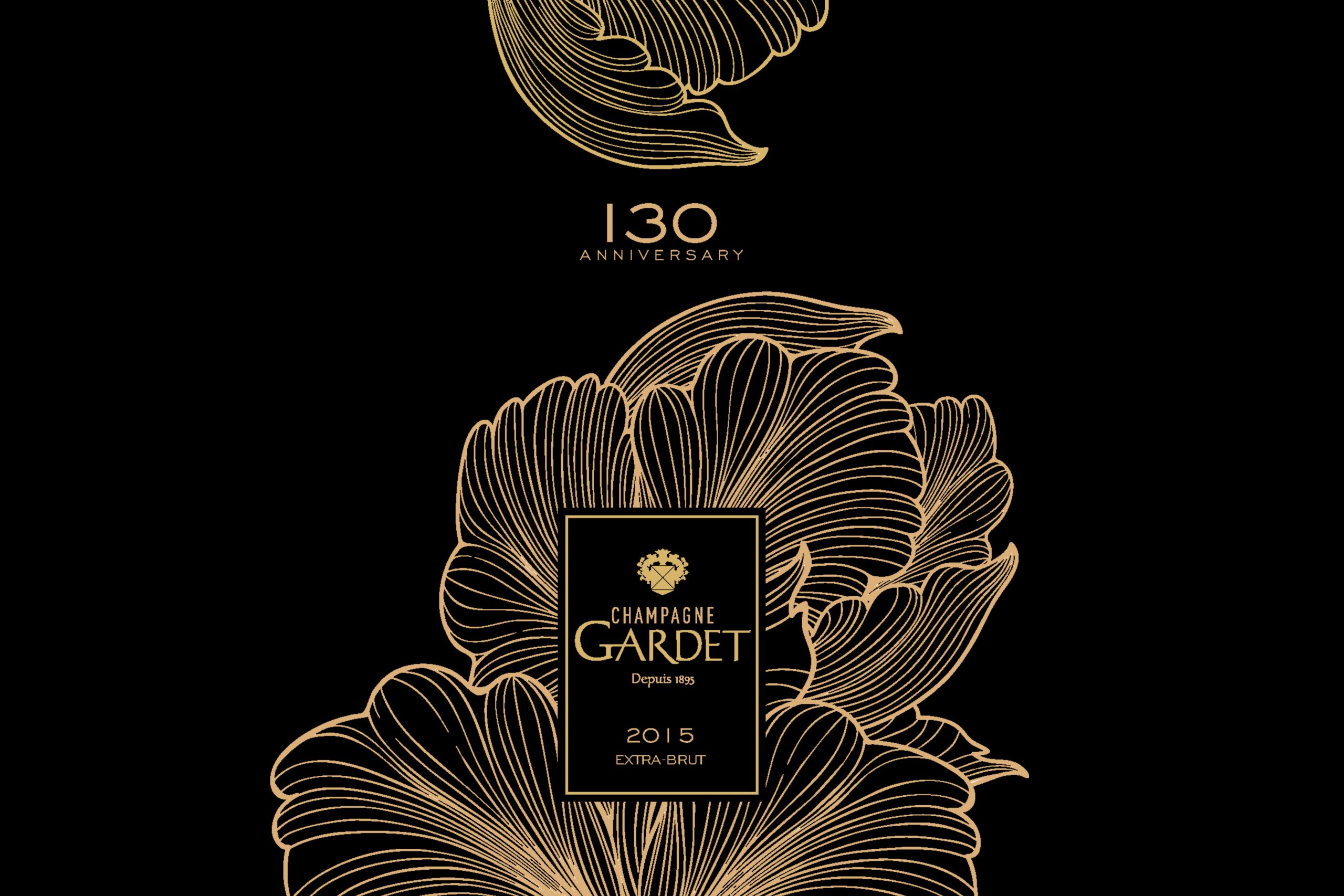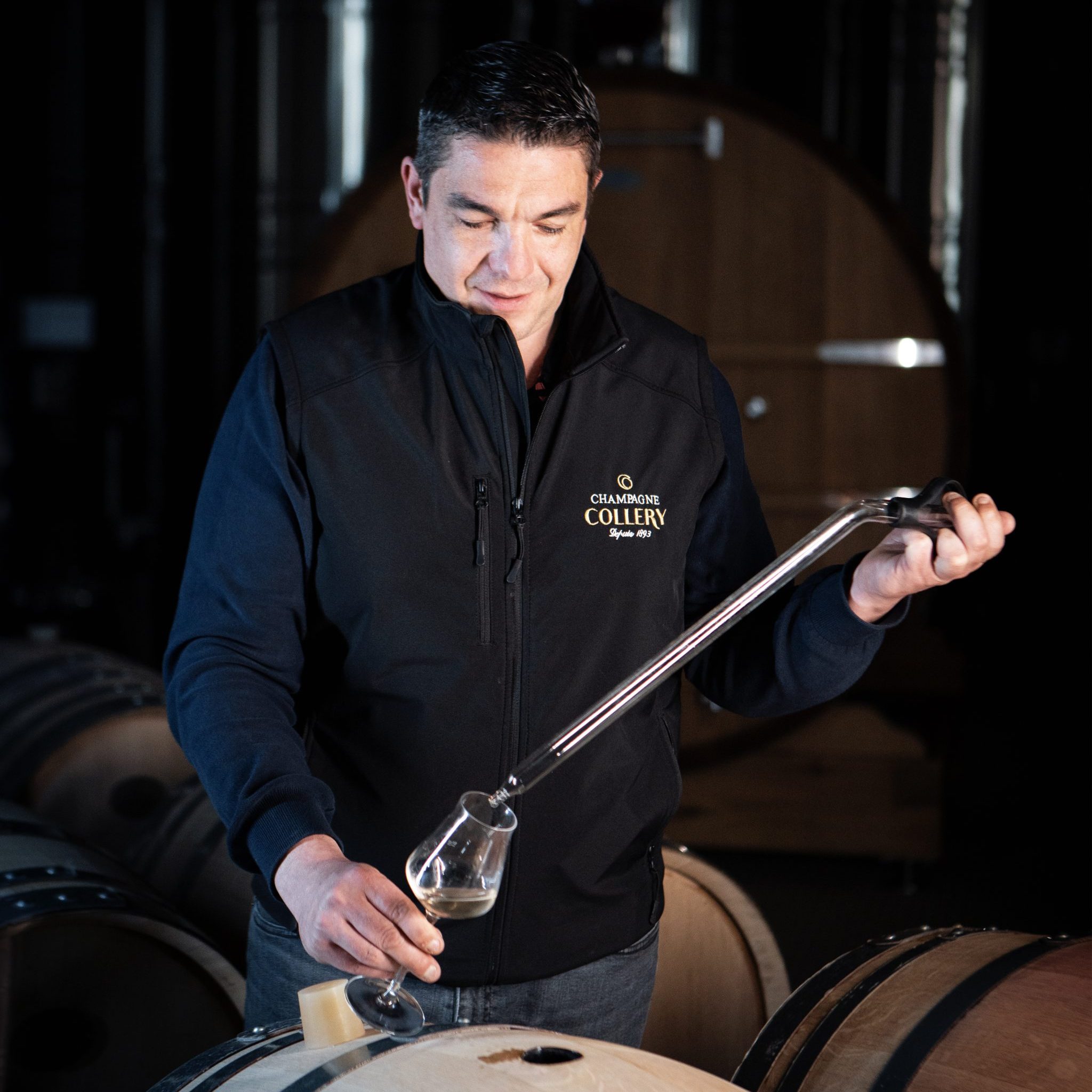Israeli bar offers “bloody hour” discount for women on their period
By Edith HancockA bar in Israel has launched unique offer, giving women a 25% drinks discount during their period.
An Israeli nightclub is giving menstruating women a 25% discount on drinks.
“Bloody hour” will run on Mondays, Wednesdays and Saturdays an Anna Loulou bar in Jaffa, Tel-Aviv, providing discounts to women “with the flow”.
The bar’s rule will not be strict, according to its Facebook page. Women can simply tell staff it is their time of the month to receive 25% off whatever they order. “It’s based on trust. Just like that.”
“The whole idea is to give a discount, attention and a treat to someone,” bar owner Moran Barirr told Haaretz newspaper. “To say ‘we recognise you, we are aware of the special situation you’re in right now, and hey, we want to do you a favour.’”
Women are constantly being told when they are and aren’t allowed to drink, with a lot of focus on reproduction.
Researchers frequently warn over the potential dangers of alcohol to women’s health. Thankfully, the average menstrual cycle is one of the few things unharmed by a drink or two.
Barirr added that she hoped the deal would prove popular with both men and women, and that a happy-hour setting will help to open a dialogue on menstruation.
Partner Content
“Beyond the initial childish embarrassment – because that how it is with anything connected to the body – we want to speak about this important issue.”
“There is no platform for addressing the subject of menstruation,” she said, “and there’s no legitimacy in the public sphere for discussing it without people immediately going, ‘Ick, why are you talking about that?’”
“We want women to say, ‘Hey, I’m on my period,’ and for it to have a deeper and broader resonance, for it to be legitimate for women to talk about it.”




